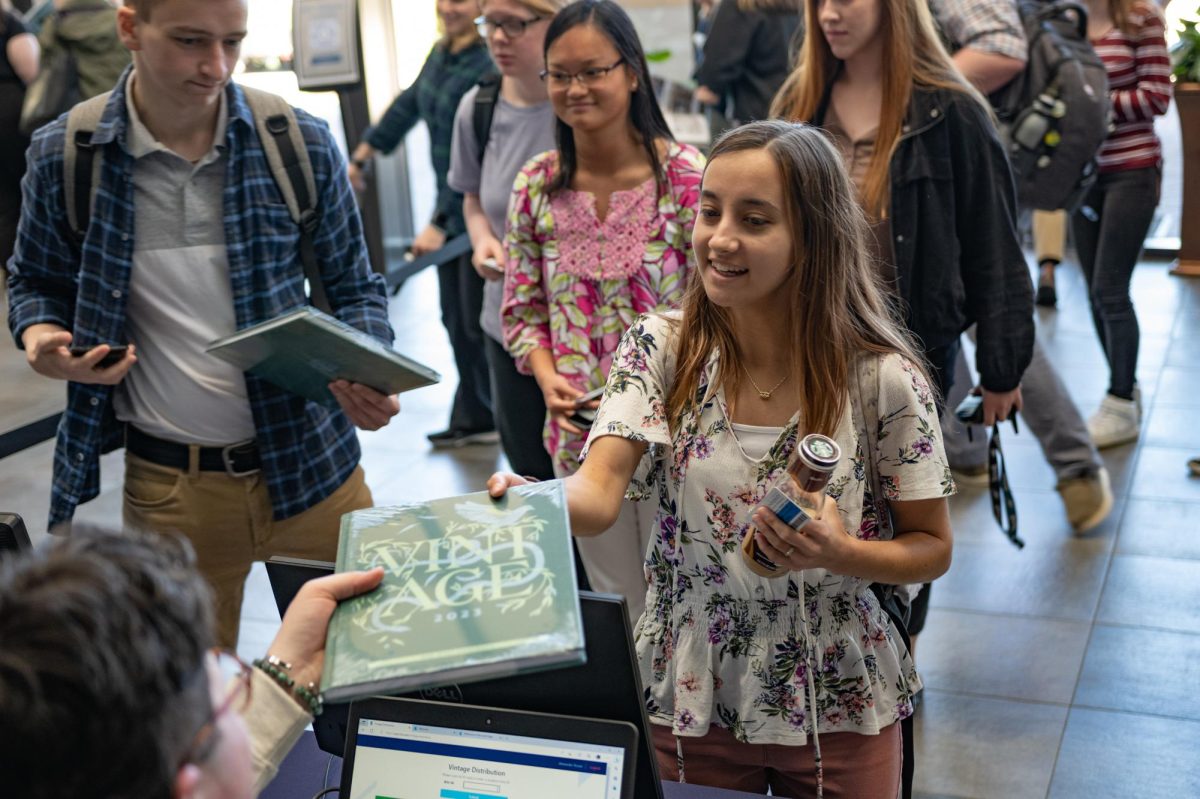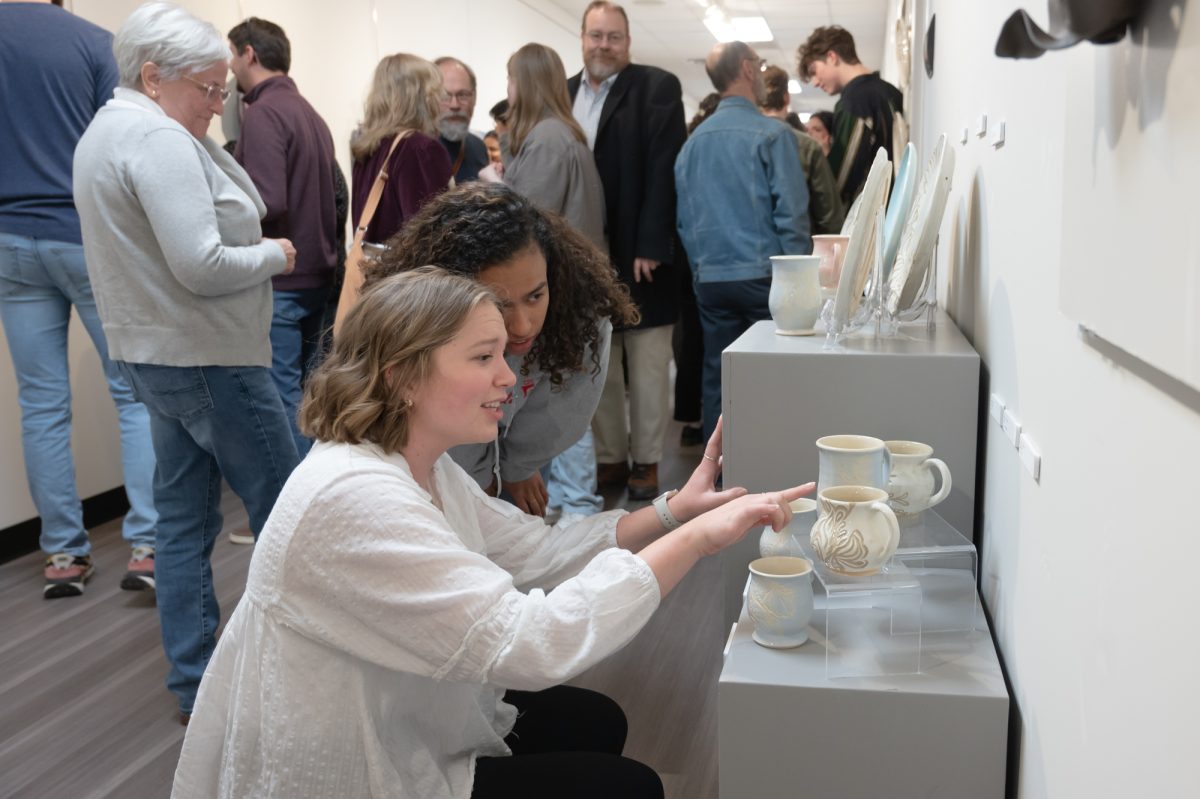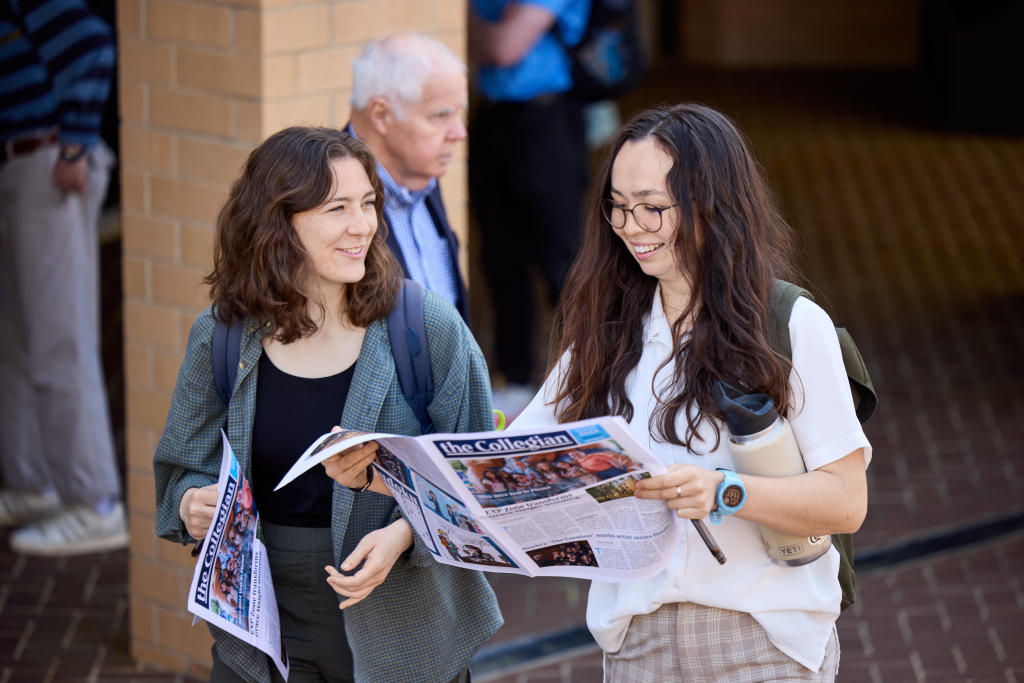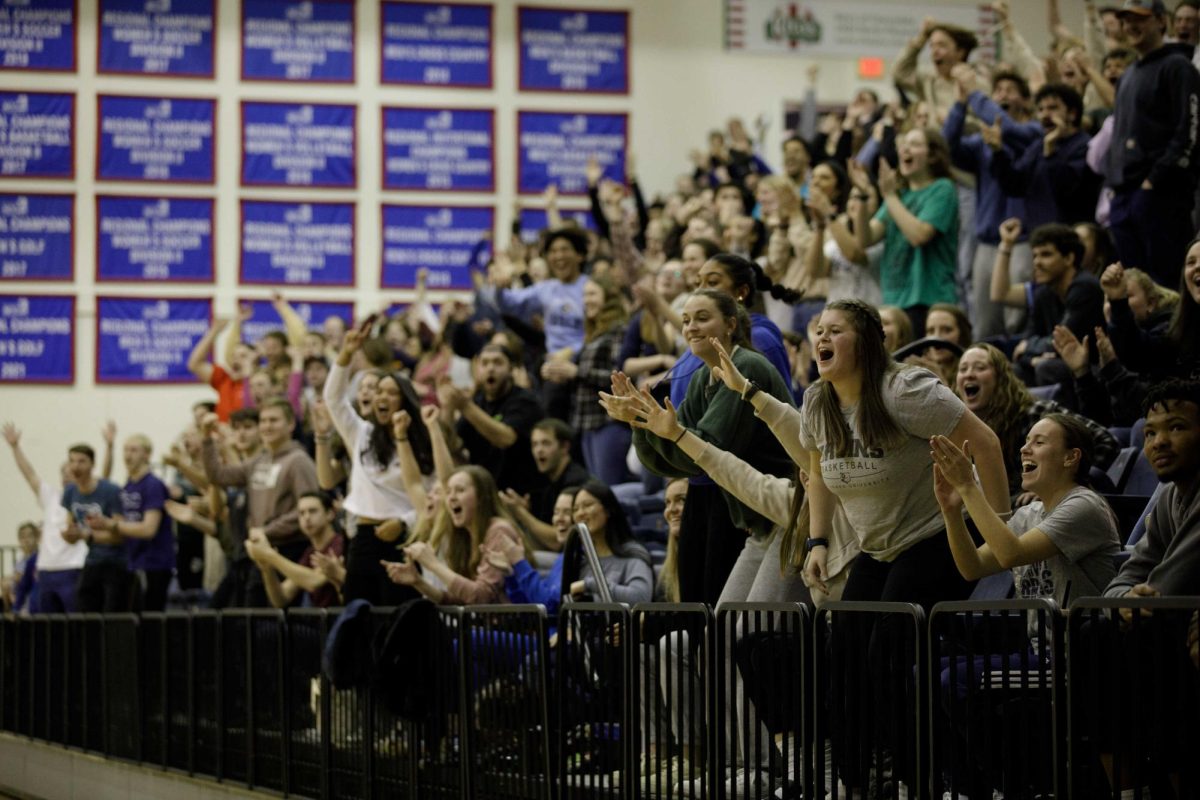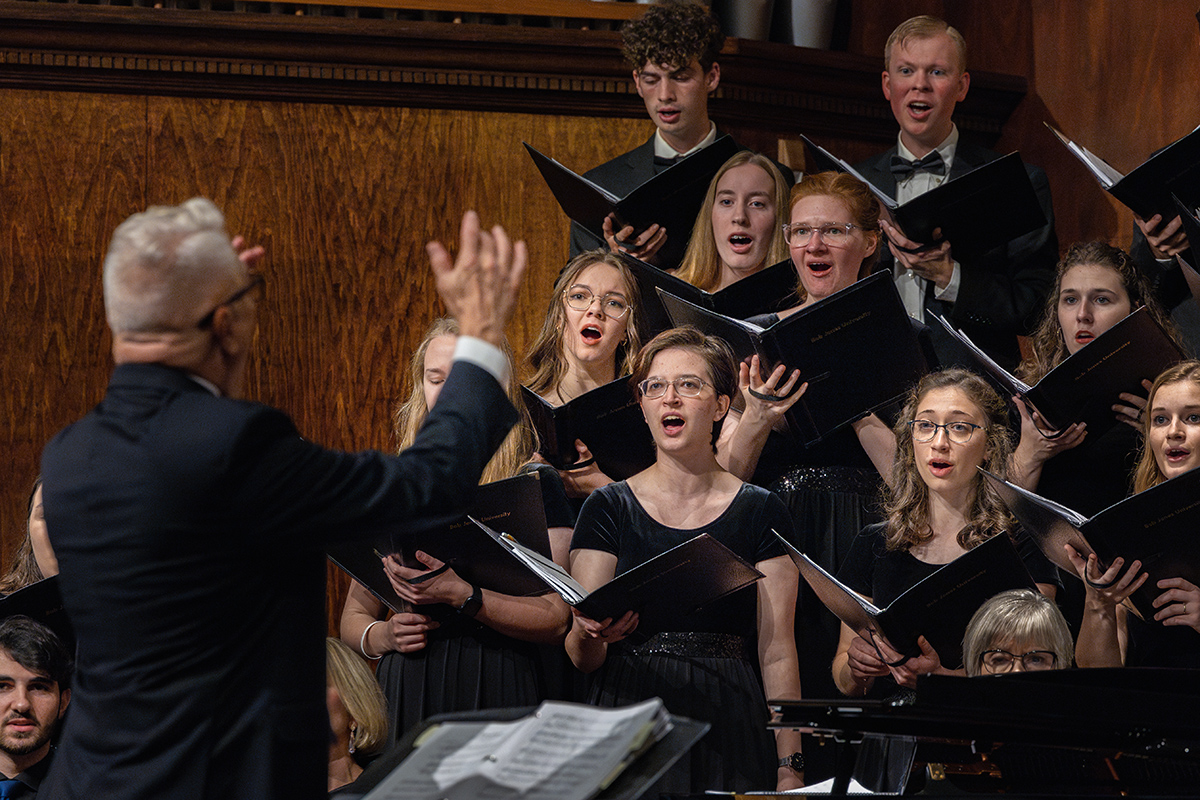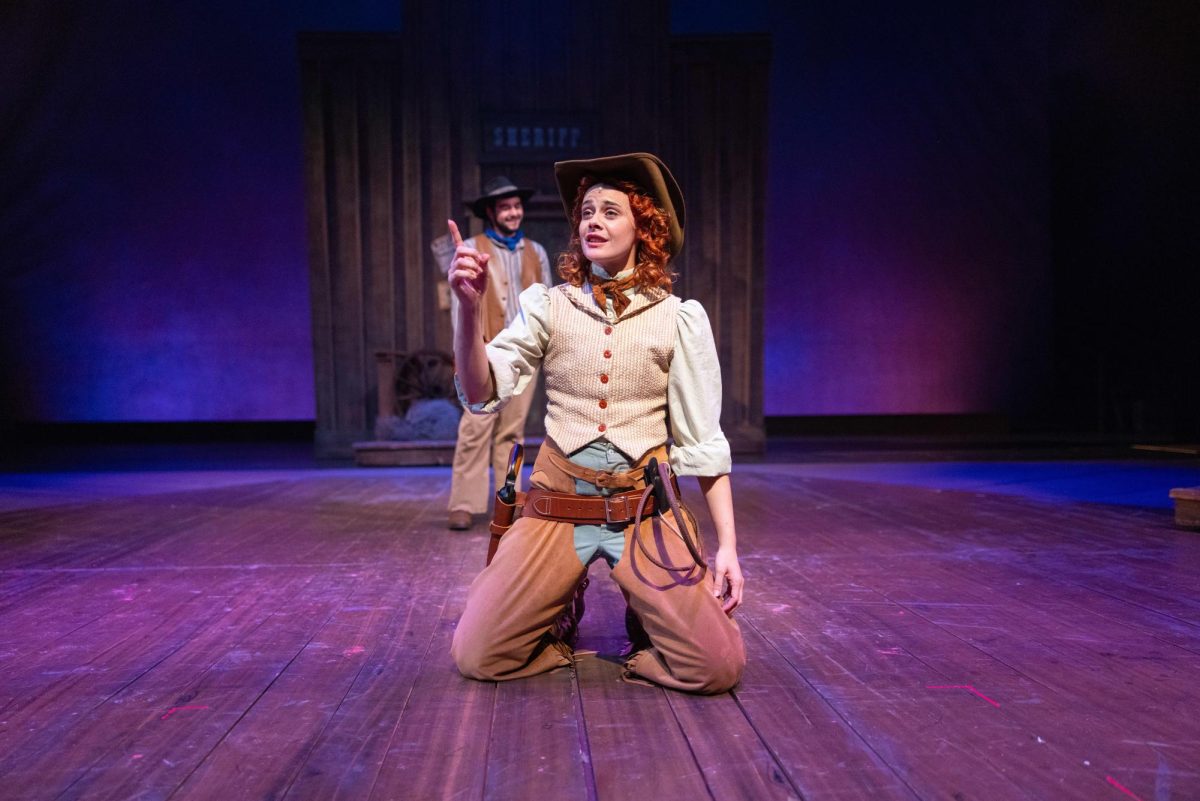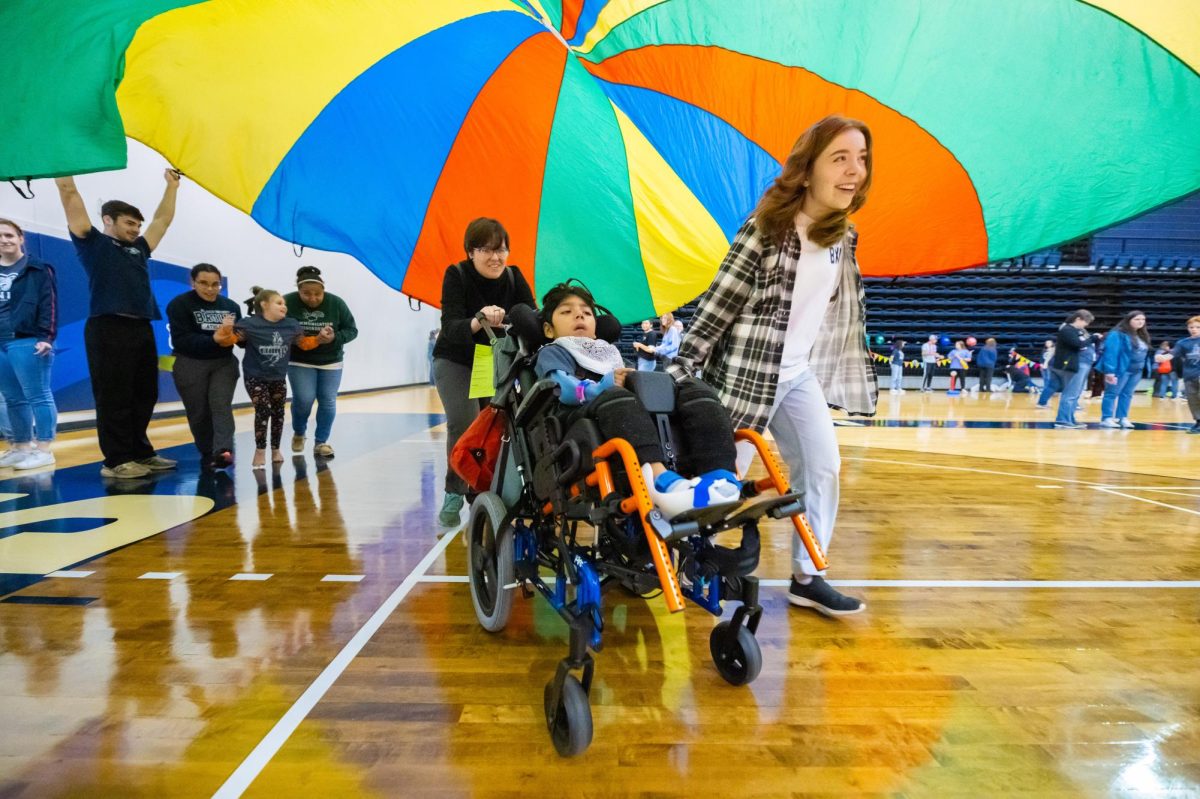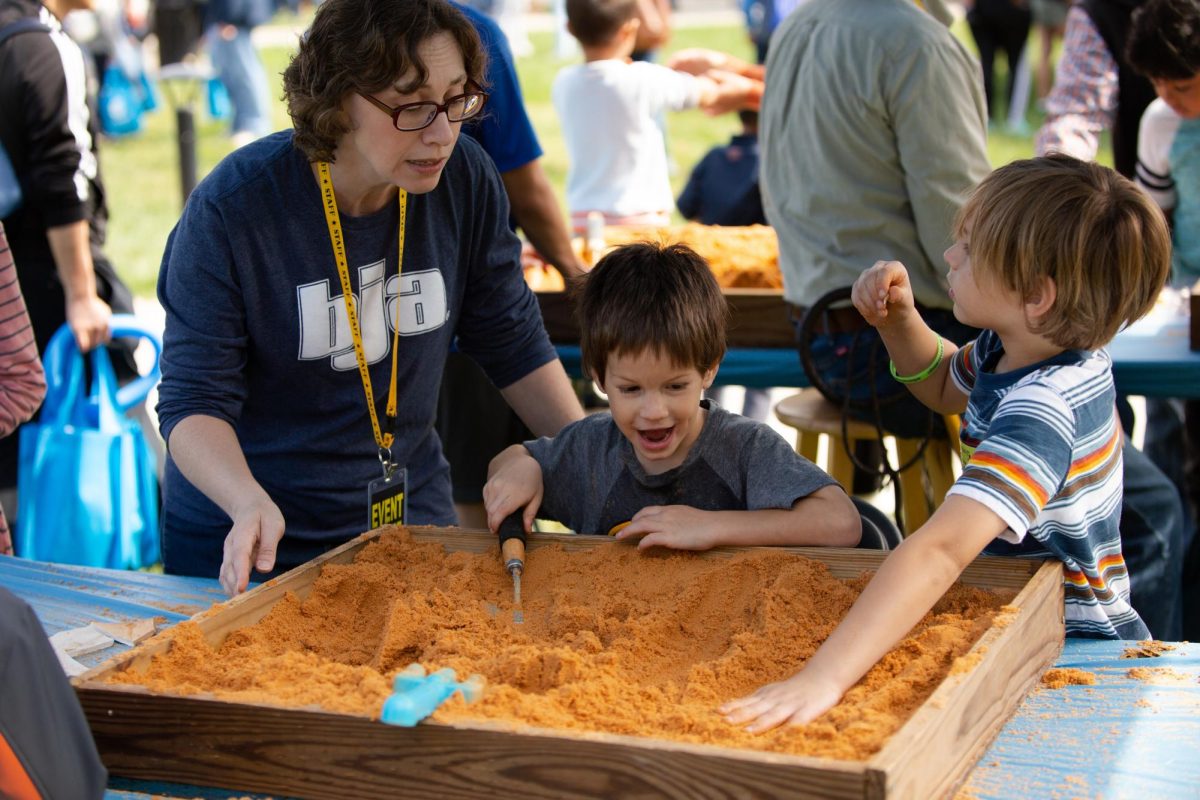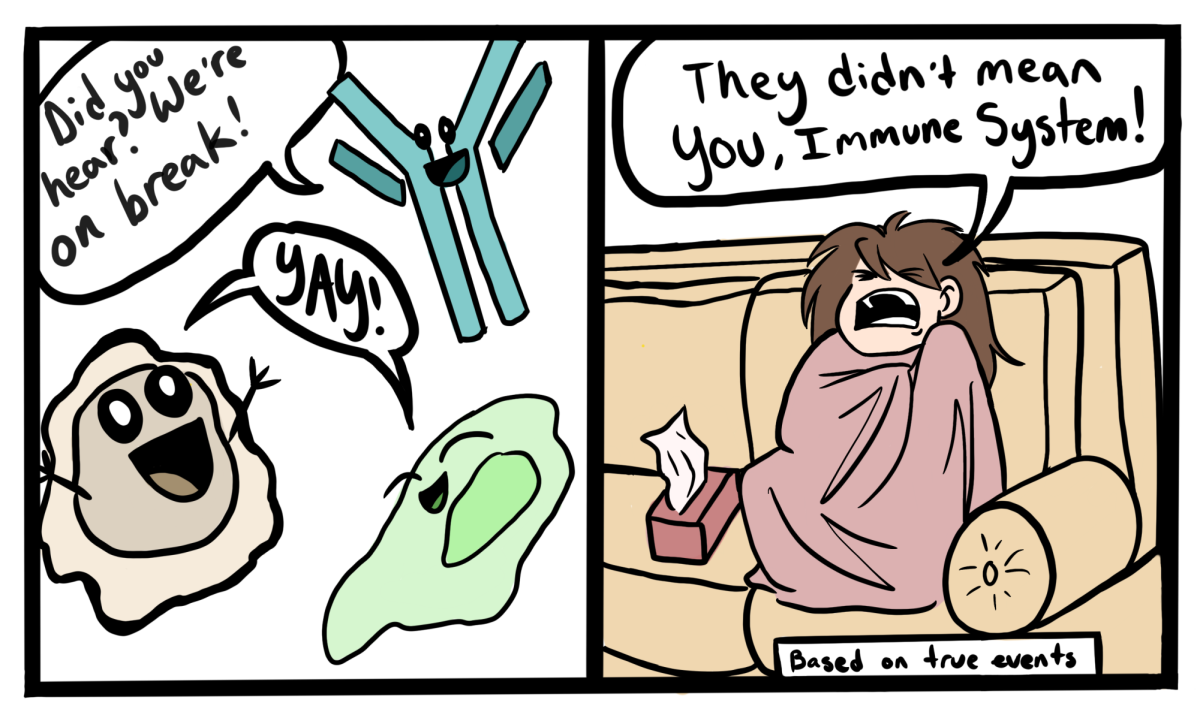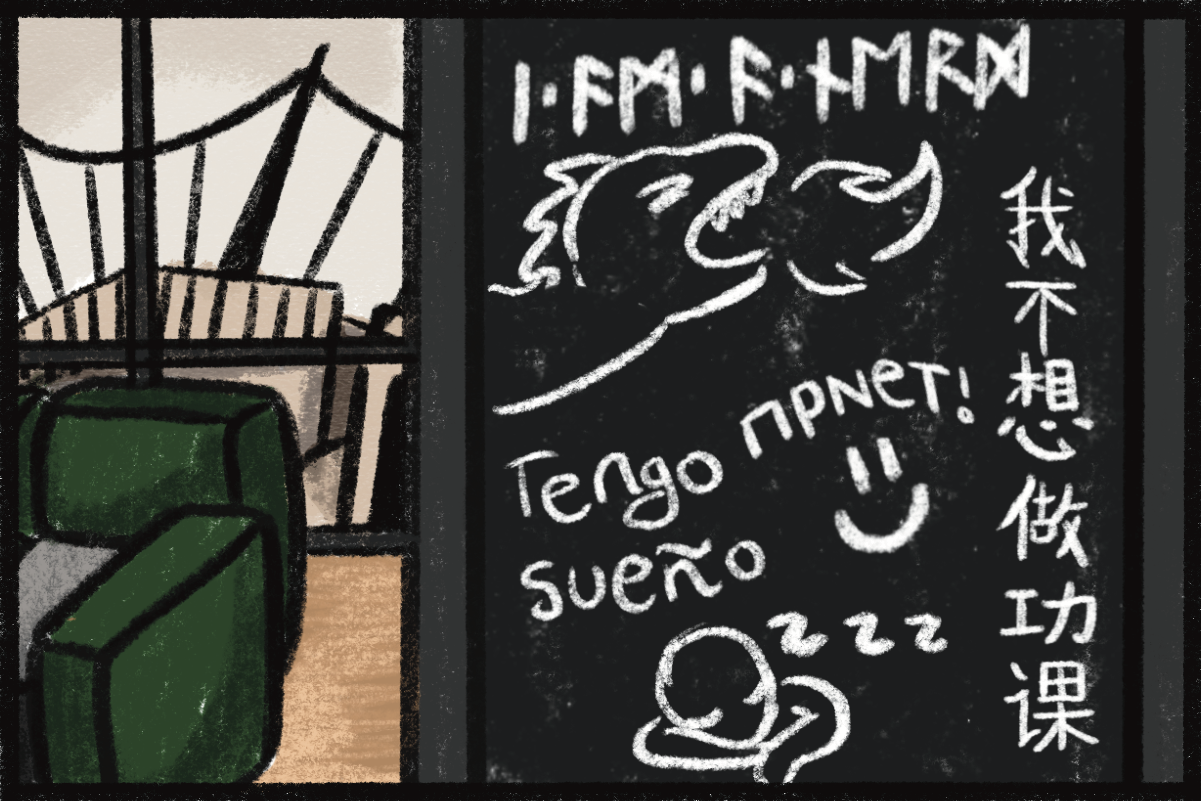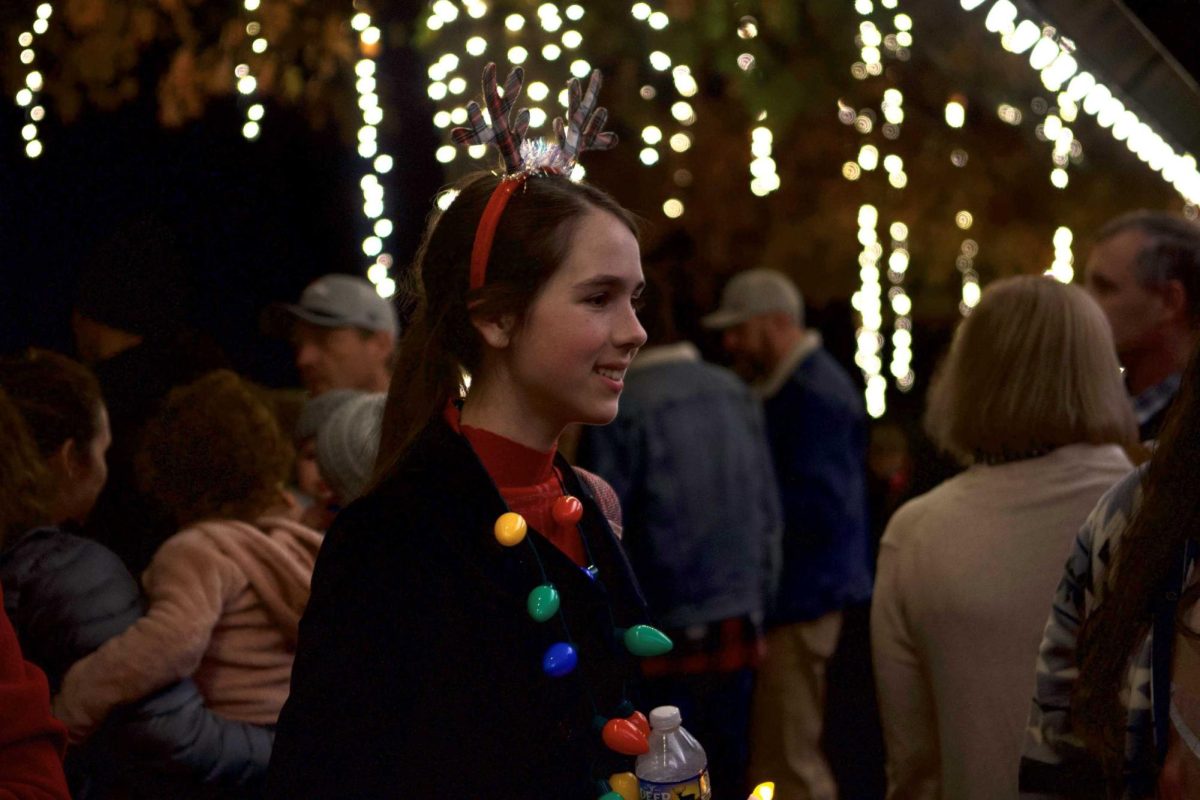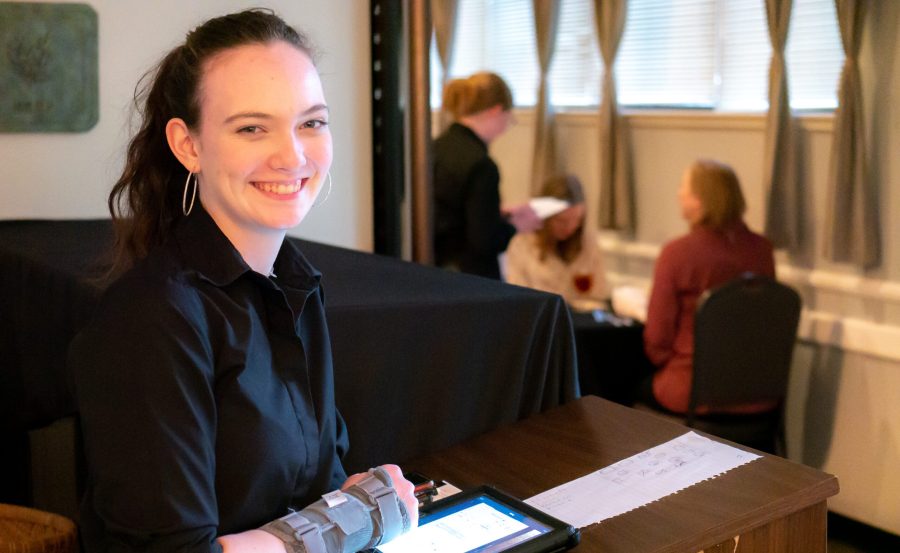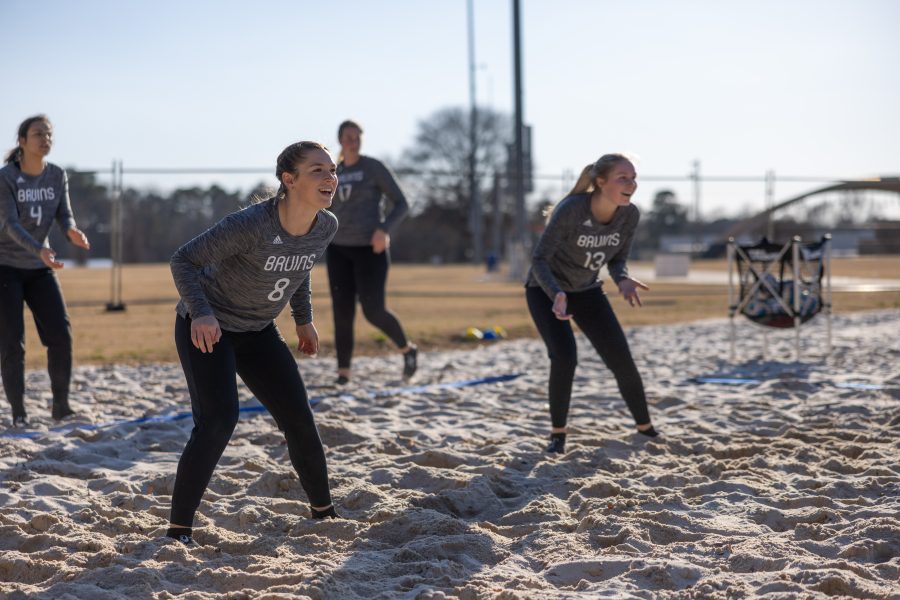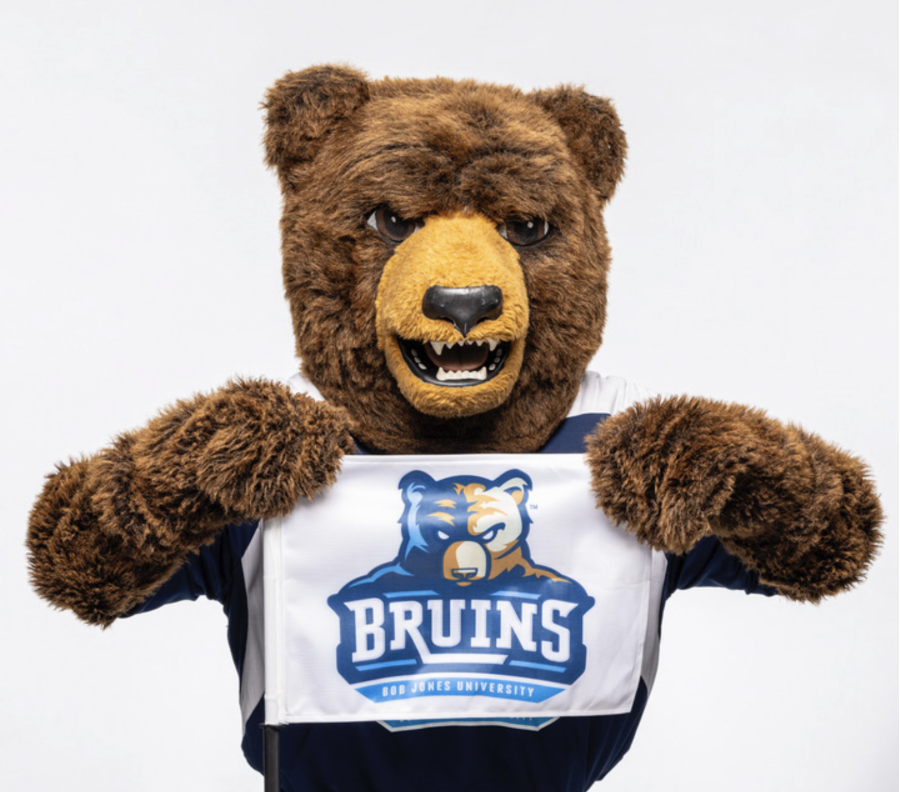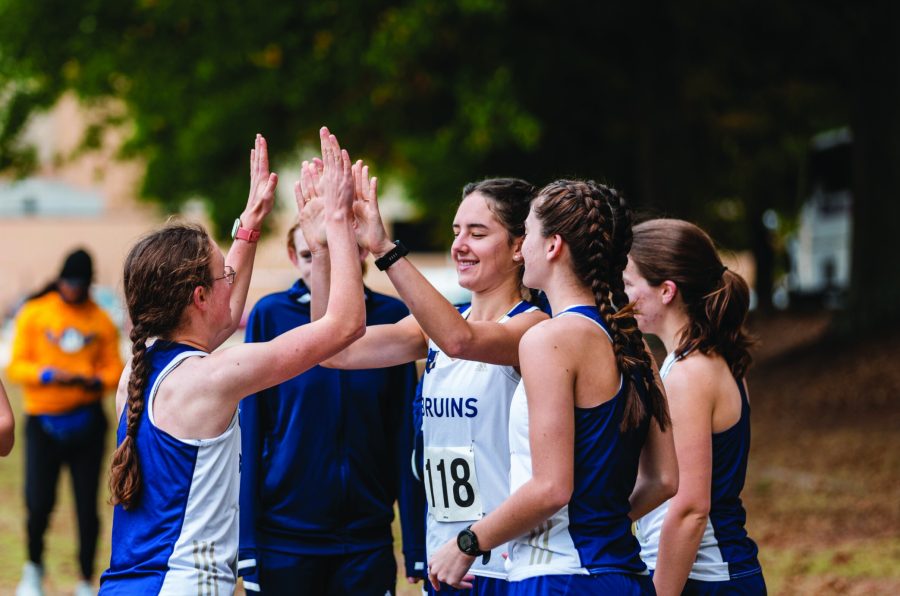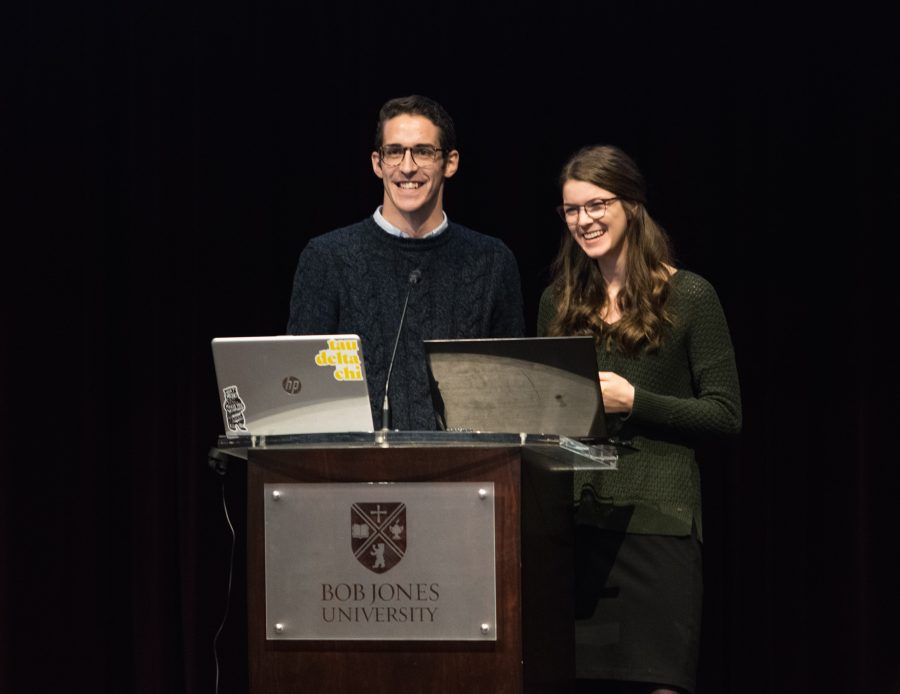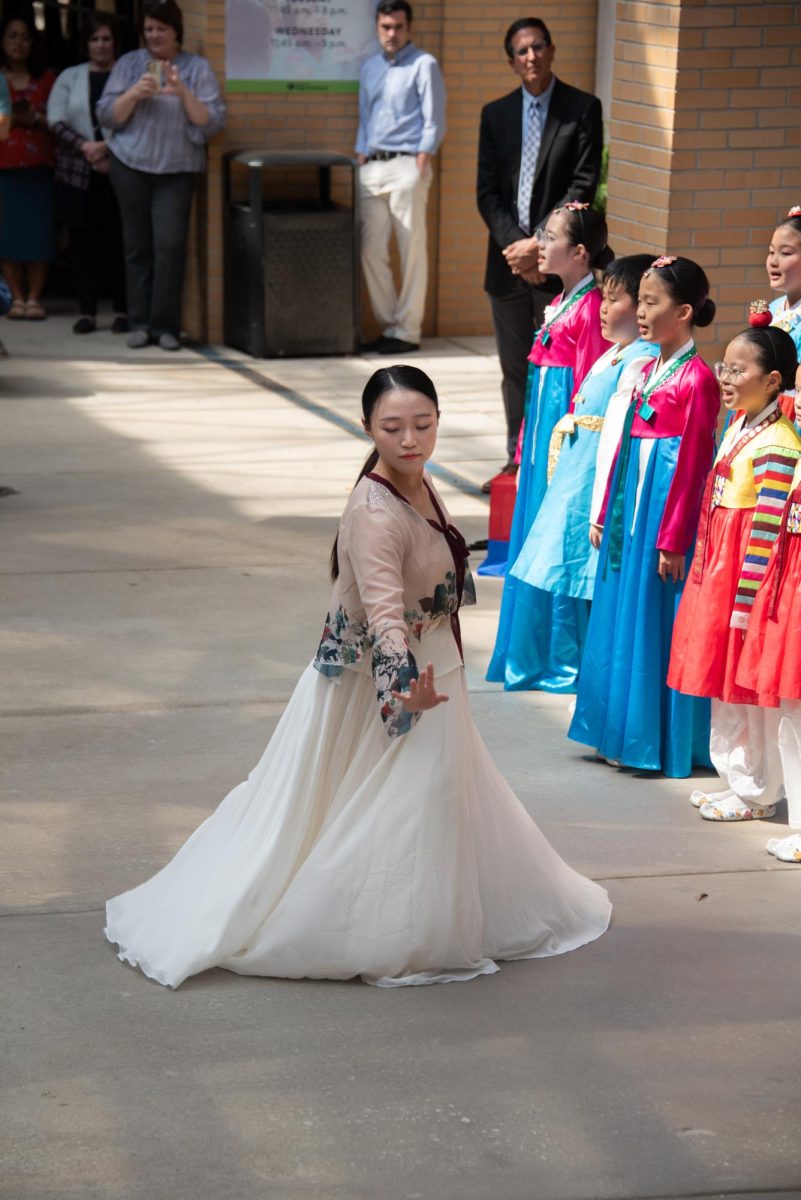Sitting just feet away from a man-eating cat might sound like a horrifying experience for most students. But for 10 biology students, it’s the chance of a lifetime.
These students will be spending time this semester at the Greenville Zoo to observe animals such as leopards, ocelots, colobus monkeys, rheas and the giant anteater.
The 10 students in the Division of Natural Science’s Animal Behavior Class, are conducting a semester-long project as part of their requirements for completing the zoology class.
The project is not carried out during lab hours but rather on the student’s own time. Students gather data by observing, timing and recording the actions of the animals.
Toward the end of the semester, the students will compile the data into a research report written in scientific format as well as create a PowerPoint. The presentations of these reports to the zookeepers serve to improve the care of the observed animals at the zoo as well.
The class, which meets three times a week for lectures and once for lab, is primarily intended for sutdents in the zoo and wildlife biology major.
During lab, the students work with a variety of animals in differing environments.
Observations between various species of the constricting of snakes, territoriality in insects and courtship behaviors of cockroaches give students a chance to see the diversity within the animal kingdom.
One might assume that observations of animal behavior would tend to be subjective in nature, but this is not the case.
Dr. Chris Carmichael, an associate professor of biology and the instructor of the class, said, “We have to have tools by which we are going to call certain behaviors so we can then quantify those behaviors.”
Those tools are ethograms, a list of behaviors and definitions for those behaviors, Carmichael explained. Students develop an ethogram each week because ethograms vary depending on the species as well as the objectives of the study.
Jordan Gillespie, a senior biology major, is part of a group that will be monitoring a leopard and her two cubs.
“Observing, recording and timing all of their behaviors is the start of the data that we’re collecting for our project,” Gillespie said.
The group will be observing the general behavior of the animals for an estimated one and a half to two hours a week, Gillespie said.
The students have already visited the zoo several times but will now be conducting this project on their own time. At the end of the semester, the students will compile their data and present their findings to the staff at Greenville Zoo.
Anna McKee, a senior biology major, said, “We’re able to give them information they need about their animals, and it also helps us learn how to study animal behavior.”
The methods that students learn in class will be directly applicable to future occupations in the biology field.
“There’s nothing like actually going out and doing your own work and having an original project and observing animals as they are,” McKee said, “That is where you learn the most and get the best experience and understanding.”

